Dallas
214-456-2382
Fax: 214-456-6133
Plano
469-303-4400
Fax: 469-303-4420
Referrals
Request an Appointment with codes: Cancer and Blood Disorders (CCBD)
Ewing's sarcoma involves tumors that usually grow in a child’s bones or soft tissue. At Children’s Health, we use the latest research and treatments to give children the best opportunity to overcome these cancers.
214-456-2382
Fax: 214-456-6133
469-303-4400
Fax: 469-303-4420
Request an Appointment with codes: Cancer and Blood Disorders (CCBD)
The word “sarcoma” means a tumor that grows in bones or soft tissue like muscles and tendons. Sarcomas with a certain type of genetic change are defined as Ewing sarcomas.
Ewing sarcoma is the second most common bone cancer found in children and adolescents. Every year, about 200 children and young adults in the U.S. develop Ewing sarcoma. Most of these tumors grow in bones of the legs, arms, back, chest or pelvis. But they can occur anywhere in the body.
Ewing's sarcoma may spread to other parts of the body, such as the lungs, bone or bone marrow. But in most cases, it stays in a limited area.
Children with Ewing's sarcoma often notice pain or swelling where the tumor is growing. Children can also develop a limp, numbness, tingling, paralysis, low-grade fevers, weight loss and fatigue.
We identify the type of cancer by taking a sample of the tumor, looking at it under the microscope and studying its DNA. We also get detailed images of the tumor, through tests like an MRI, CT and PET-CT scan. These images show us how big the tumor is and whether it has spread to other places in the body.
We use the type, size and location of the tumor to decide which treatment will work best for your child.
Unfortunately, no one is sure what causes these tumors. It isn’t associated with any environmental exposures and isn’t a cancer that is passed down in families.
A child with Ewing sarcoma will typically have three stages of treatment:
At Children’s Health, we also always look for new and better treatments. Our academic affiliation with UT Southwestern Medical Center allows our providers to participate in ground-breaking research and provide innovative care. Our patients have access to clinical trials that might only be available at a handful of hospitals. This includes a clinical trial studying which combinations of chemotherapy drugs are most effective for kids with Ewing sarcoma. We provide access to the newest treatment options for patients with relapsed cancer (cancer that has come back after initial treatment) through clinical trials offered in our Experimental Therapeutics Program. We also use genetic testing, through our Precision Medicine Program, to identify genetic mutations that can be targeted with medications. With genetic testing we can provide more effective treatment with fewer side effects.
Children’s Health is home to some of the nation’s top pediatric cancer specialists and where physicians are also faculty members at UT Southwestern Medical Center. We use a team approach and work together with surgeons, radiation oncologists, pathologists, radiologists, physical therapists, psychologists and social workers to provide multidisciplinary care.
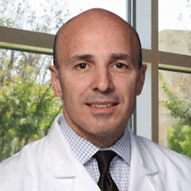
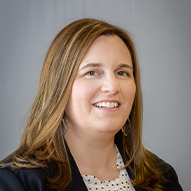
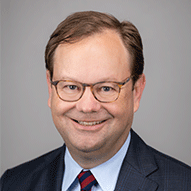
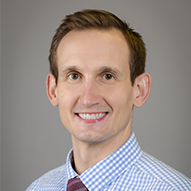
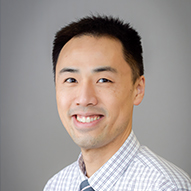
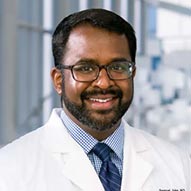
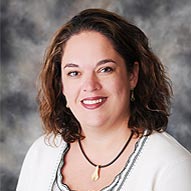
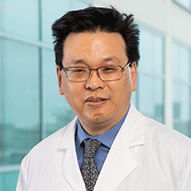
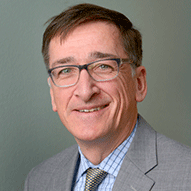
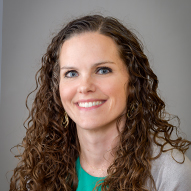

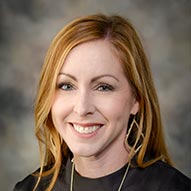
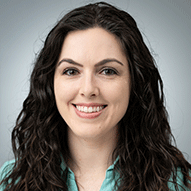
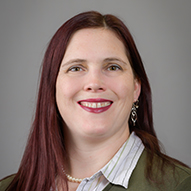
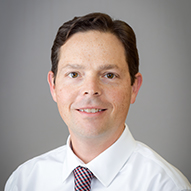
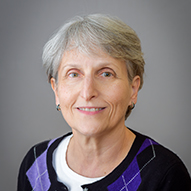
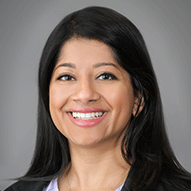
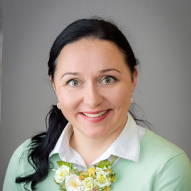
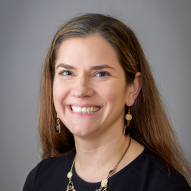
Treatment works best for children with localized tumors (when Ewing's sarcoma hasn’t spread throughout the body). These children may have a 70 to 75% survival rate. The rate is lower for children whose cancer has spread, but many do survive. Our After the Cancer Experience (ACE) survivorship program monitors patients for the long-term effects of cancer and cancer treatment throughout their lifetime.
Some studies show that bone marrow transplants may be effective for some patients with Ewing sarcoma. This is a new and complicated area of research. Talk to the doctor overseeing your child’s cancer care if you want to know more about bone marrow transplants for Ewing's sarcoma.